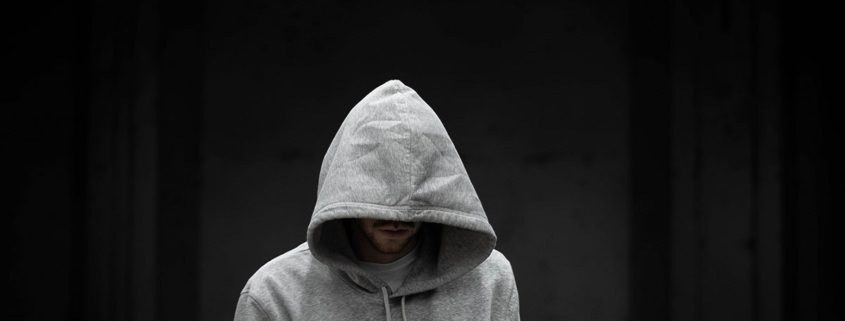School Shooters Weren’t Born Wanting To Do That!
Breaking News! That’s what I read on my phone when it started buzzing on May 27, 2022. I was sitting at my home workspace doing some writing, when I got the alert that there was another school shooting, this time in Uvalde, Texas. Nineteen elementary students and two teachers were killed, and several more were wounded. It’s getting to the point where you can get numb sometimes to these shootings, but when it is as horrific as this one was, it’s hard not to let it affect your life in a big way. I want to say up front, before we get into this blog, that I am not going to make any political statements about possible solutions as it relates to the gun laws. That’s not my lane. I have my opinions, but it is not an area of expertise for me. So I’m going to stay in my lane and talk about the mental health of the American teenager, which I believe, among other things, has much to do with preventing school violence.
I listened to the news reports and read Twitter feeds for a few days, and there was one thing that I kept hearing that caught my attention. “How could someone kill little children? What kind of person would do that?” Every time I would hear that, I would whisper under my breath, “A dead person does that.”
G. K. Chesterton wrote, “He who kills a man, kills a man. The man who kills himself, kills all men. As far as he is concerned, he wipes out the world.”
That shooter died long before he walked into Robb Elementary School in Uvalde, Texas, that day. He already decided that he was dead, so in his mind, if he is dead, then everyone is dead. It doesn’t matter how old someone is or how cute they are at that point. To him, no one matters, because he doesn’t matter. I’m in no way trying to evoke any kind of sympathy for this guy who committed this awful crime, but I think we can all agree that he wasn’t born wanting to do that.
Before he committed suicide by cop that day, he was what I would call a member of the walking dead. They’re out there, you know. I’ve met them in some of the schools where I have spoken over the years. I have made my way to counselors and school officials after talking to a student and have said to them in essence, “I am worried about this kid. They said some things to me that indicated that they might hurt themselves or others. They are dead or dying on the inside and we’d better pay attention.” I don’t ring that bell often, but when I do, it’s because I sense that something is very wrong inside that student.
When it comes to school shooters, I have heard several people say over the years that they wish there was just one thing we could point to and say, “This is why,” or, “This what happened to him that got him to a homicidal state.” It would be a lot easier to prevent it if it was just one thing. Well, I’m either going to sound stupid with this next statement or brilliant, depending on how well I make my point, so here we go. I’m not trying to be overly simplistic about this, but to me it is simple. You can boil most school shootings down to just one thing: the perceived intrinsic value of the shooter or shooters.
Ironically, I was writing the “Value Up” chapter in my book when the breaking news hit. I immediately thought to myself, here we go again, another kid who saw little to no value in his life, who died a long time ago, and today decided to take some people with him.
It’s still early in the investigation into this guy’s motive, but I’m sure at some point we are going to be able to identify several markers in his life that point us to the fact that he felt like he didn’t matter anymore. Messages that over time built a narrative in his mind that there was no value left in him. It’s “death by a thousand cuts,” small, and sometimes big, messages that communicate to a young person that they don’t matter.
Lingchi is the name of the Chinese torture technique that kills a person by making hundreds of small, and sometimes larger, cuts to their skin that slowly drain the lifeblood out of its victim. In the Uvalde case, we are obviously never going to get the chance to interview the shooter directly and ask what happened to him, but if we could, we would probably hear incidents where his life was slowly drained out by the way he was treated—abandonment, neglect, abuse, and bullying on huge levels that, again, we will never really know, but I’m sure were there.
The problem is that there are hundreds of young people that are experiencing emotional lingchi right now all over this country that we don’t know about. If we did, Uvalde might not have happened. Parkland might not have happened. Columbine might not have happened, and the list goes on. I’m not trying to play the blame game, but after school shootings, we always hear about the breadcrumbs left behind by the shooters, leading us to the obvious conclusion that there was some mental illness due to certain events that happened in their lives. A death had already occurred inside those shooters long before the murders ever took place.
Mental health is a real issue and the lack of attention given to it in schools, is a serious threat to the physical and emotional safety of young people. We must put more resources into providing emotional and mental support to young people in our country. Schools are doing the best they can with what they have, but it’s not nearly enough.
Adapted from Talking to Brick Walls by Mike Donahue




